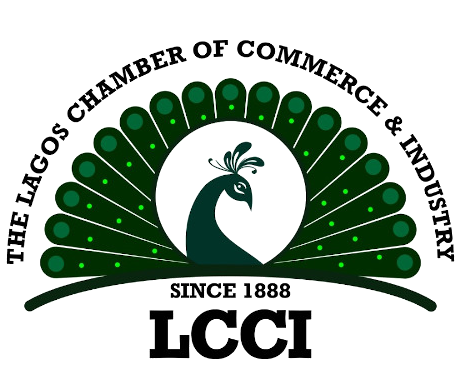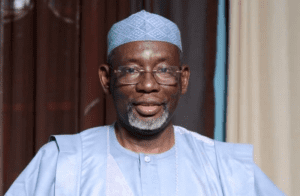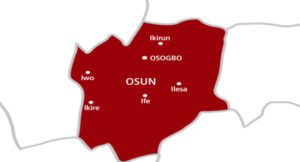

LCCI warns against FG’s $2.2bn borrowing plan
The Lagos Chamber of Commerce and Industry has raised concerns over the Nigerian government’s plan to secure a $2.2 billion loan, warning that it could worsen debt sustainability issues and hamper infrastructure development.
The LCCI Director-General, Dr. Chinyere Almona, emphasized the need for Nigeria to explore alternative funding sources, such as expanding the non-oil revenue base through tax reforms and boosting sectors like agriculture and manufacturing.
She further stressed the importance of diversifying Nigeria’s economy by focusing on boosting exports, tourism, agriculture, and solid minerals to reduce dependence on borrowing.
Dr. Almona also recommended the privatization of some state-owned enterprises and enhancing the efficiency of those still under government control to improve revenue generation.
She highlighted that Nigeria’s debt-to-GDP ratio, exceeding 50%, along with debt servicing costs surpassing capital expenditure, is a significant concern.
She also pointed out that the country’s external debt, currently around $17 billion, poses potential risks to future economic stability.
“The LCCI warns of imminent debt sustainability issues that may further weaken critical infrastructure in the country,” Almona said.
She noted the risk of external currency shocks due to the naira’s depreciation against the dollar, which could further strain the economy as debt servicing costs rise.
Dr. Almona urged the Federal Government to ensure transparency and accountability in the use of borrowed funds, emphasizing that proper management is crucial to avoid further economic challenges.
“Funding critical infrastructure should take precedence, as it underpins economic growth and job creation,” she stated.
Almona suggested increasing reliance on Public-Private Partnerships (PPPs) for infrastructure development to reduce borrowing pressures, highlighting the efficiency and innovation the private sector could offer.
She also called for urgent actions to stabilize the naira and address structural issues in the foreign exchange market, noting that the Central Bank of Nigeria’s efforts to improve foreign exchange supply have not yet produced significant results.
“Reducing external borrowing is crucial, as the continuous depreciation of the naira amplifies the burden of debt servicing,” she noted.
On Thursday, the Nigerian Senate approved President Bola Tinubu’s request for a new external borrowing plan of $2.2 billion.
The approval followed the adoption of the Senate Committee on Local and Foreign Debts’ report, presented by the committee’s chairman, Sen. Aliyu Wammako (APC – Sokoto).
Wammako emphasized that the presidential request was crucial and necessary for approval.




